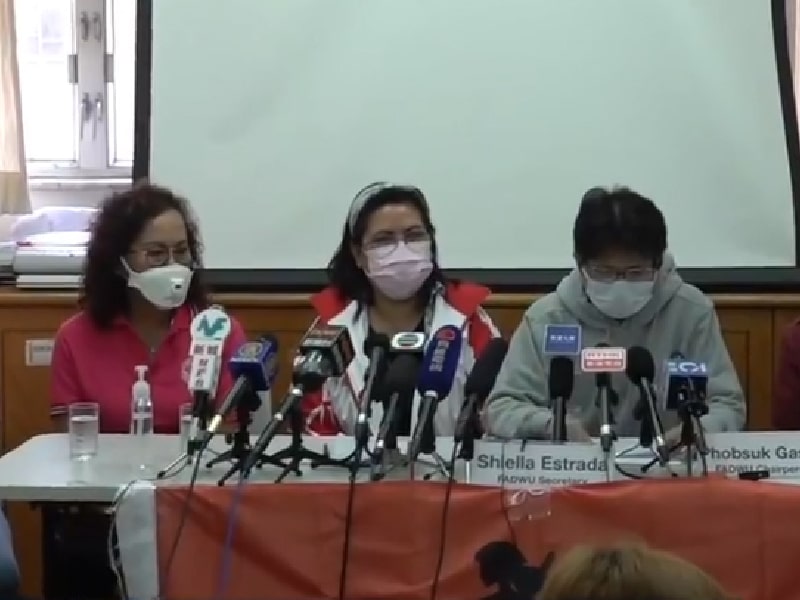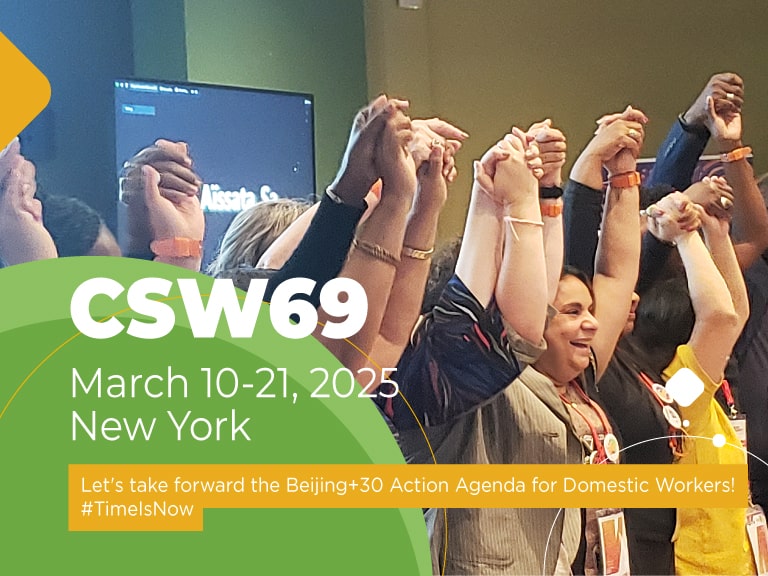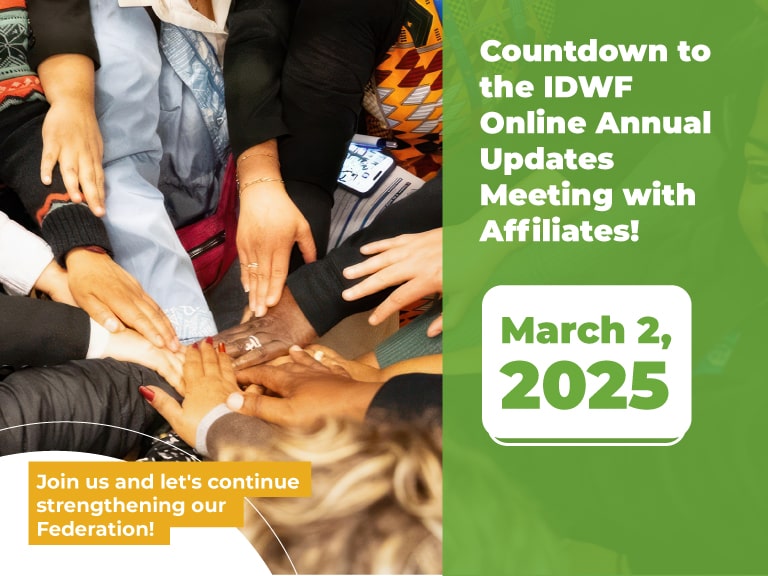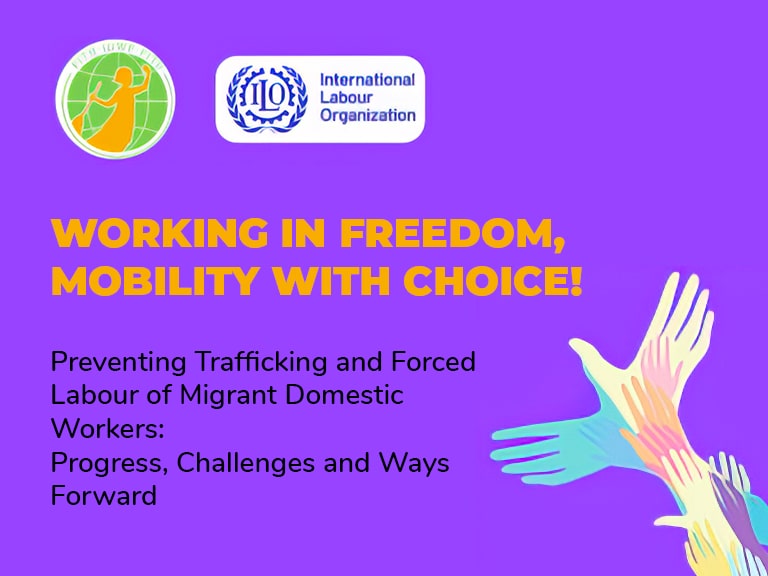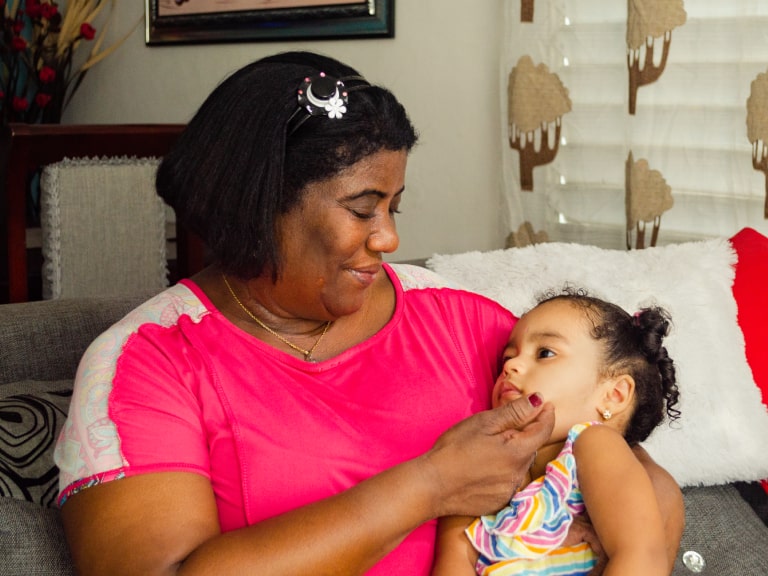- This event has passed.
FADWU calls for Hong Kong Government and the public to treat migrant domestic workers fairly
FADWU urges the Government and the public to understand that fighting the pandemic requires everyone to work together and care for each other. The Government and the society must fairly treat and care for the nearly 400,000 MDWs in Hong Kong to ensure public health.
Details
English / Chinese
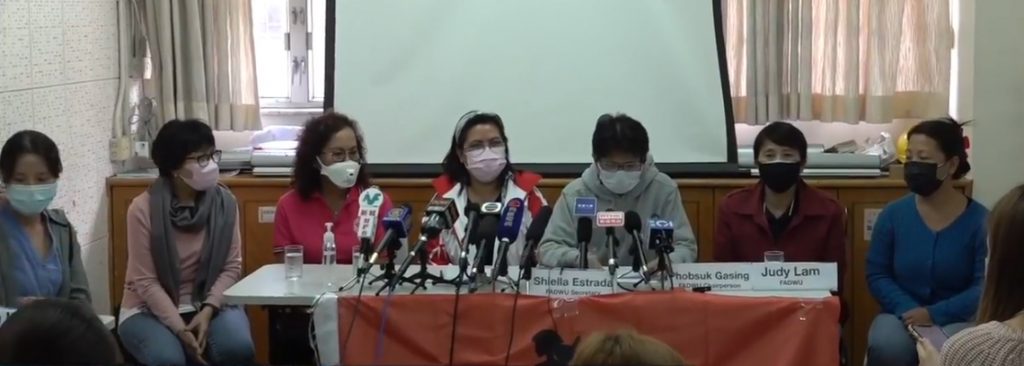
Hong Kong government’s compulsory quarantine policy is chaotic
Live-in policy increases risks of infection
FADWU calls for Hong Kong Government and the public to treat migrant domestic workers fairly
Fight against the virus together
Due to the global outbreak of Covid 19, the Hong Kong government has started the implementation of Compulsory Quarantine Law on March 19. People arriving from all regions outside China are required to undergo quarantine at government’s quarantine centres or at own homes. In the past few days, a large number of people came to Hong Kong. Among them are migrant domestic workers (MDWs) and many employers of MDWs and their families. However, the Hong Kong government’s quarantine arrangements are not clear. It was reported that an MDW was immediately terminated by her employer after she had arrived in Hong Kong from the Philippines. Such termination is illegal. The Government’s arrangement on the compulsory quarantine takes no notice of the live-in situation of MDWs. MDWs feel helpless when their employers are going home and are quarantined. The Hong Kong Federation of Asian Domestic Workers Unions (FADWU) held a press conference to point out the situation of MDWs and express their dissatisfaction with the Government.
Hong Kong Government has a mandatory live-in policy for the hiring of MDWs. MDWs are mandated to reside in the employers’ homes unless it is approved by the Commissioner for Labour. After the Government announced the compulsory quarantine requirements on March 18, the Labour Department issued a press release immediately but it only said that “…should an employer wish to arrange the FDH (foreign domestic helpers) to stay out from his/her residence, the employer should make prior arrangement with his/her EA (employment agencies) (if applicable) to accommodate the FDH concerned.”.[1] It did not mention a word regarding the arrangement of MDWs when their employers are the ones to be quarantined. On March 20 evening, a returning Filipino MDW was immediately dismissed by her employer upon arrival in Hong Kong. She was not provided with any support by the Government. Only then on March 21, Law Chi-Kwong, the Secretary for Labour and Welfare, announced to the public that if an employer provides a hotel as a temporary residence for MDWs who are undergoing quarantine, and the place is one that is permitted by the Department of Health, the employer does not need prior approval from the Commissioner for Labour. However, Mr Law did not explain the salary and food arrangements of the MDWs during their quarantine. He did not mention the compensation for workers when they are illegally dismissed, or the compensation for the loss suffered by the workers who are repatriated upon arrival in Hong Kong.
The Hong Kong Government and the public only concern about the quarantine arrangements of MDWs arriving in Hong Kong. However, the Government does not mention the situation when MDWs’ employers are the ones to be quarantined. FADWU has got many members’ inquiries, worrying that their employers will return to Hong Kong within a few days. The Government only issued the “Home Quarantine Guideline for Home Confinee” (hereafter “Guideline”). The Guideline suggests “Home confinee” to “stay in a well-ventilated single room if possible”. “Family members should stay in different rooms if possible”, and the people should “keep a distance from one another as much as possible”. There are no rules, nor any explanation and arrangement for those people who live with home confinees. Many Hong Kong accommodations are small. It is questionable whether the suggestion from the Guideline is feasible or not. For MDWs, how can they keep social distance when they have to do child and elderly care? Many MDWs and employers are at a loss and feel worried about unclear arrangements from the Government.
The FADWU has also got an enquiry from an MDW member whose employer is returning to Hong Kong with the family. They will undergo compulsory home quarantine as required. She has to work under the same roof and take care of the kids. She will feed the kids and take care of their bath. Physical close contacts with them are unavoidable. Another MDW member complains that her employer is returning to Hong Kong. Her employer’s baby did not travel abroad, and thus it needs not to be in quarantine. However, the employer who is the mother, the baby and the MDW will all stay at the same home and cannot avoid close contact. All these situations and care work increase the risk of infections. MDWs are also responsible for going out to buy food for the employing families. The pubic health is under threat of infections as well.
Another MDW member reports that although her employer allows her to stay out during the employer’s home quarantine, this contradicts the Government mandatory live-in rule. She is worried and not knowing what to do.
Local domestic workers suffer as well in the pandemic. The majority of local domestic workers have lost at least half of their income due to loss of jobs. They also worried that if the employer is in home-quarantine and do not inform the worker. Then they not only face the risk of infections but also made to violate the 559E compulsory quarantine law without knowing. The law states that no one can enter the premises of the person who is home quarantined.
FADWU states that domestic work is a high-risk job. If the employer returns to Hong Kong and is infected with the Coronavirus, MDWs who are live-in workers almost cannot avoid infections. In Brazil, a domestic worker was infected with Covid 19 from her employer who returned home from Italy. She died from the virus on March 17, 2020. In Hong Kong, there are 273 confirmed cases up to date. Seven cases are domestic workers[2]. They are likely to be infected by their employers as their employers are confirmed infections before them.
Being a high-risk work does not mean that more legal protections are in place. It is quite the contrary. Shiella Estrada, the secretary of FADWU, refers to the Occupational Safety and Health Ordinance (Cap 509) which excludes private households as workplaces. Under the current law, employers of domestic workers have no legal responsibilities to provide a safe and healthy workplace. Employers often ignore the safety and health of domestic workers. Many employers do not provide decent accommodation for MDWs as well. Some MDWs sleep in the same bedroom with their employer’s family members or share a bed with the children and the elderly. There are even MDWs who sleep in the living rooms, kitchens or toilets. Civil society organizations and the mass media have repeatedly raised concerns about the accommodation condition of MDWs. They have been pressurizing the Government to revoke the live-in rule. However, the Government is turning blind eyes to the situation and public opinions. Under the Covid 19 pandemic, MDWs have been trying their best to ensure household hygiene of Hong Kong families. They remind employers and their families to pay attention to personal hygiene. However, close contact with employers and their family members are unavoidable. There are also employers and their family members who do not care about personal hygiene. Currently, the Coronavirus is not a listed occupational disease under the law. Domestic workers’ protection is at stake if they die from the infection and for the recovery process from the Coronavirus.
Phobsuk Gasing, the chairperson of FADWU, complains of the neglect of the Government on domestic workers since the outbreak of the Coronavirus. The Government’s press release which advises MDWs to stay at home has been used by employers as an excuse to exploit the right of MDWs for day-offs. Domestic workers have been working harder to do home cleaning since the outbreak. However, some employers impose unnecessary cleaning work and burden on their domestic workers but at the same time do not allow workers to wear gloves and slippers. The bleach burns MDWs’ skin.
FADWU urges the Government and the public to understand that fighting the pandemic requires everyone to work together and care for each other. The Government and the society must fairly treat and care for the nearly 400,000 MDWs in Hong Kong to ensure public health.
FADWU demands:
- the Government to abolish the live-in rule and make it clear that if the employer is a quarantined person, MDWs are allowed to live out in residence provided by the employer or the government;
- the Government to amend the Occupational Safety and Health Ordinance to ensure that employers have the responsibility to protect the occupational safety and health of MDWs;
- the Government to list the Coronavirus as an occupational disease under the law, and domestic workers should be covered;
- The Centre for Health Protection must check whether the home environment of the quarantine person is suitable for non-quarantine persons to live-in;
- The Government and the Department of Health should educate employers to cooperate with their domestic workers and share the workload and responsibility on home and personal hygiene;
- the Government to provide unemployment benefit ;
- the Government to require employers to notify domestic workers if they are undergoing home quarantine.
FADWU is producing an educational video clip to tell domestic workers and their employers on tips on personal and home hygiene. It is time for employers to work hand-in-hand with domestic workers to combat the Covid 19.
Hong Kong Federation of Asian Domestic Workers Unions
22 March 2020
—
[1]https://www.info.gov.hk/gia/general/202003/18/P2020031800890.htm?fontSize=1
[2]They are case number 61, 90,103,113,116,118 and 155.
